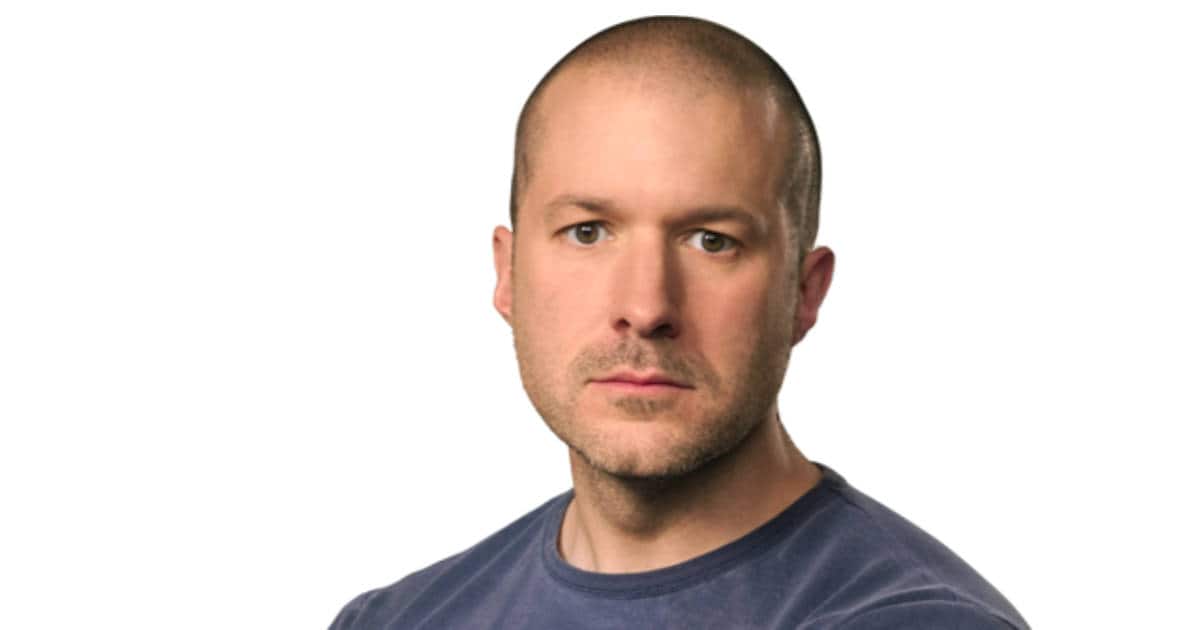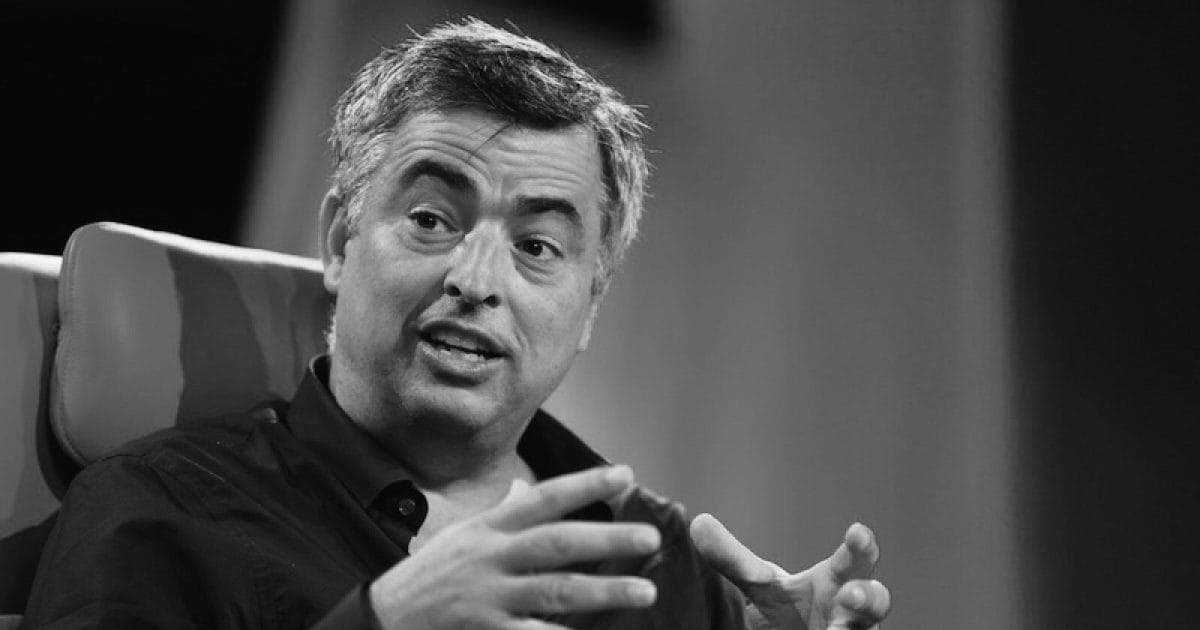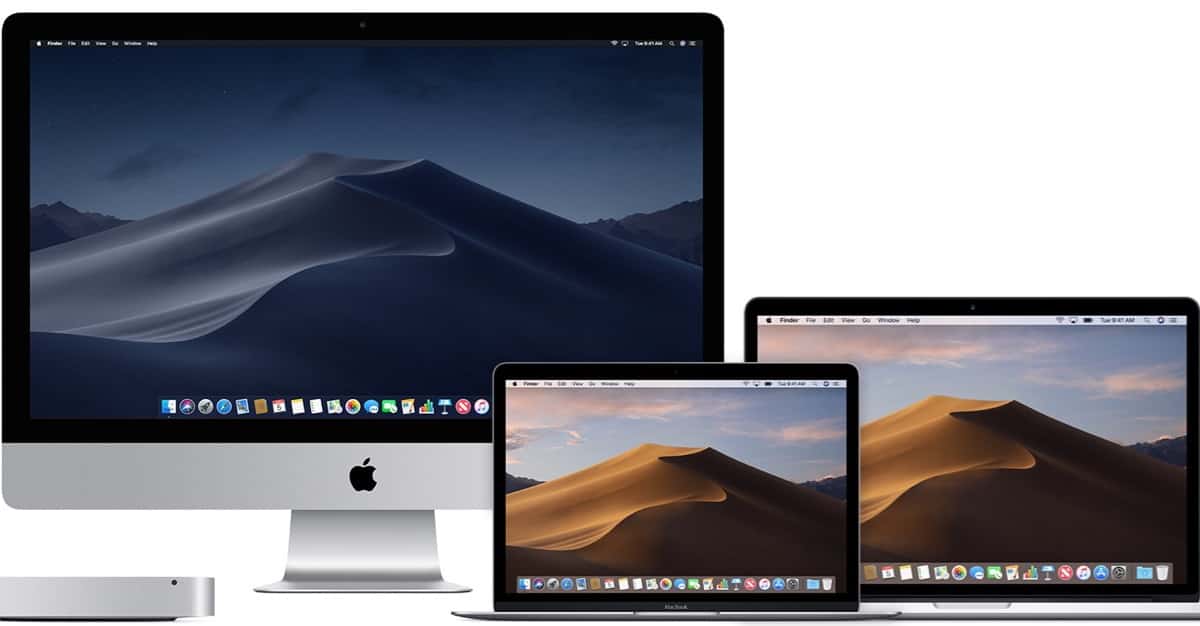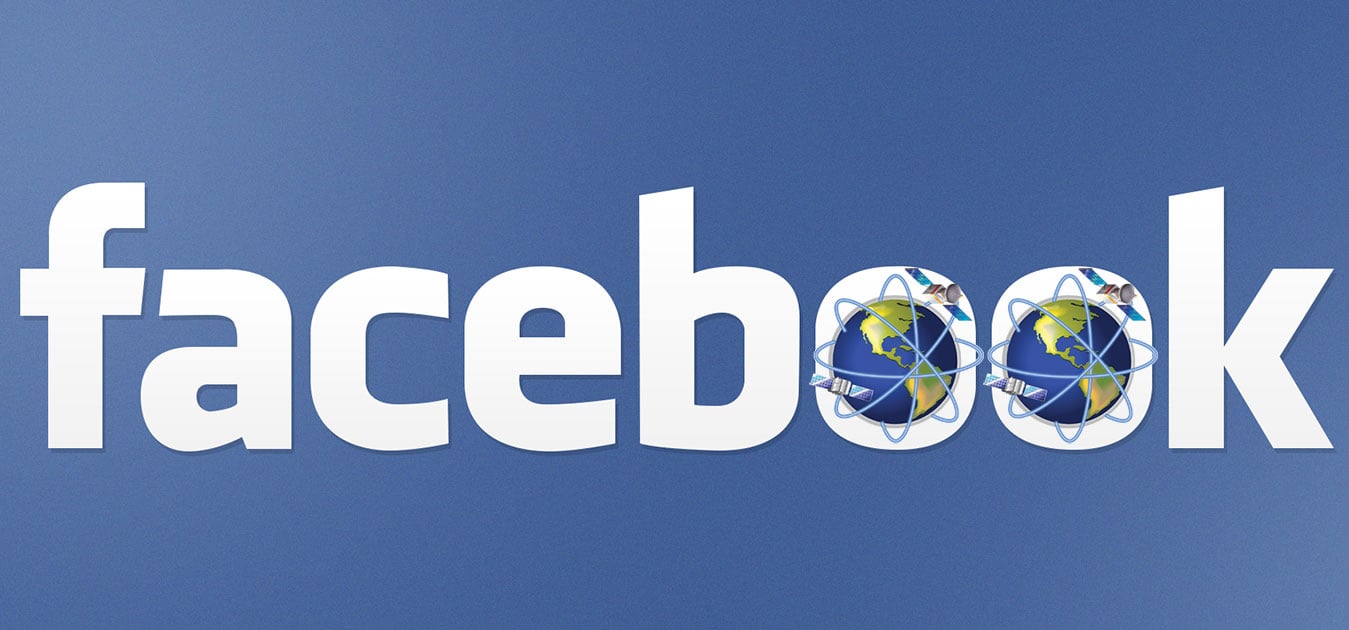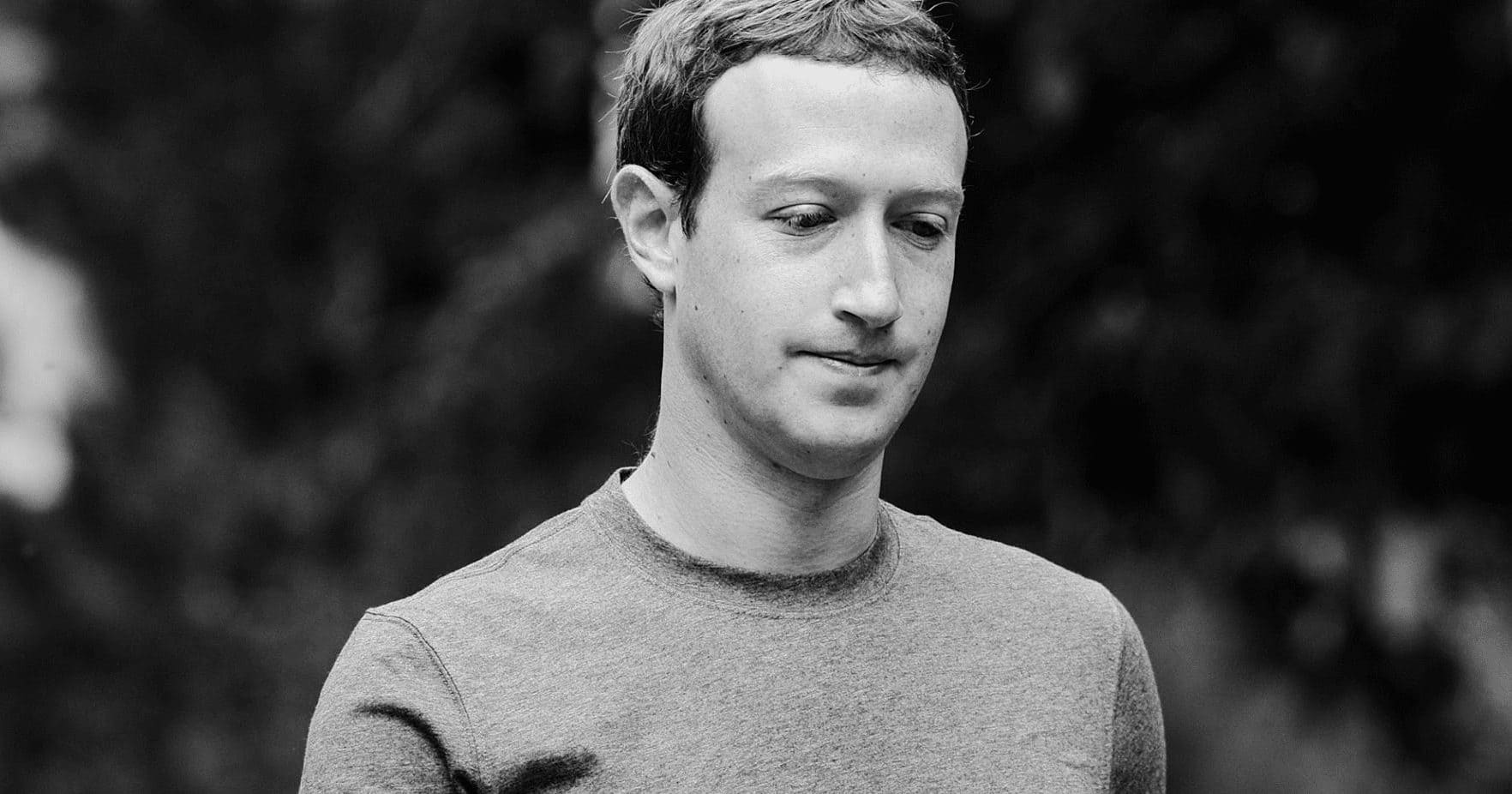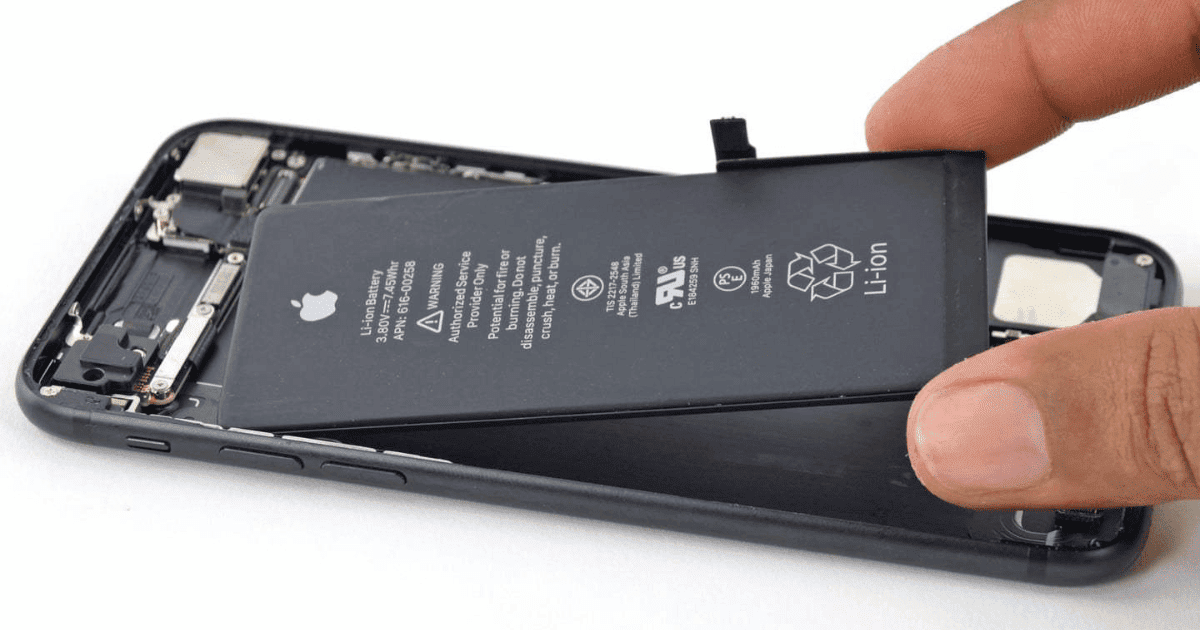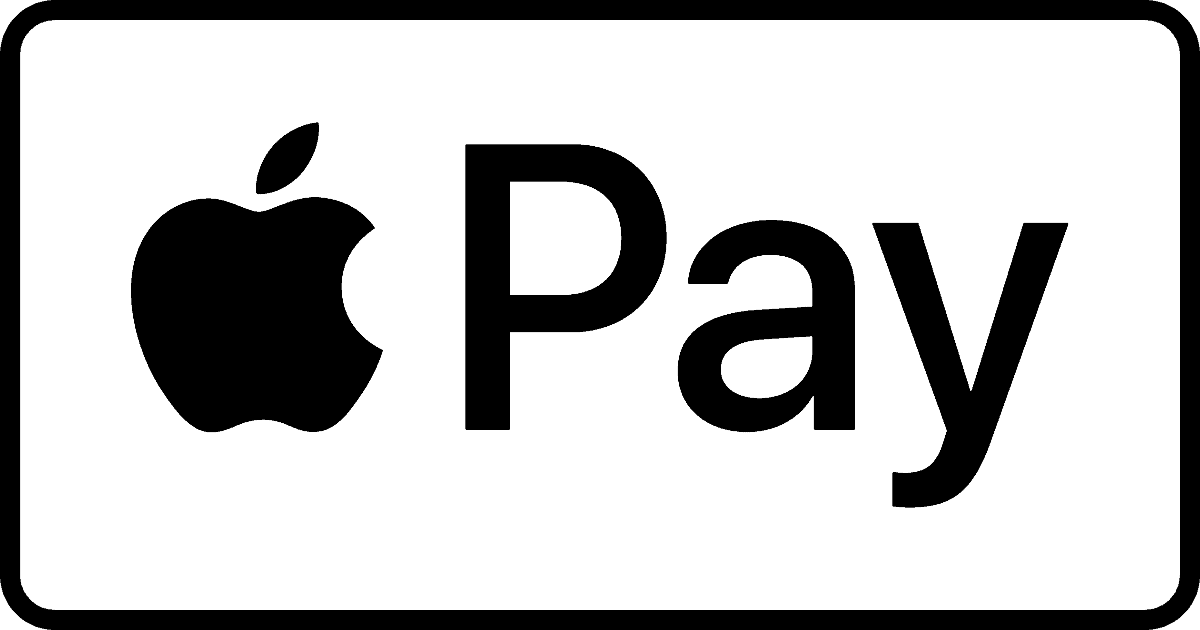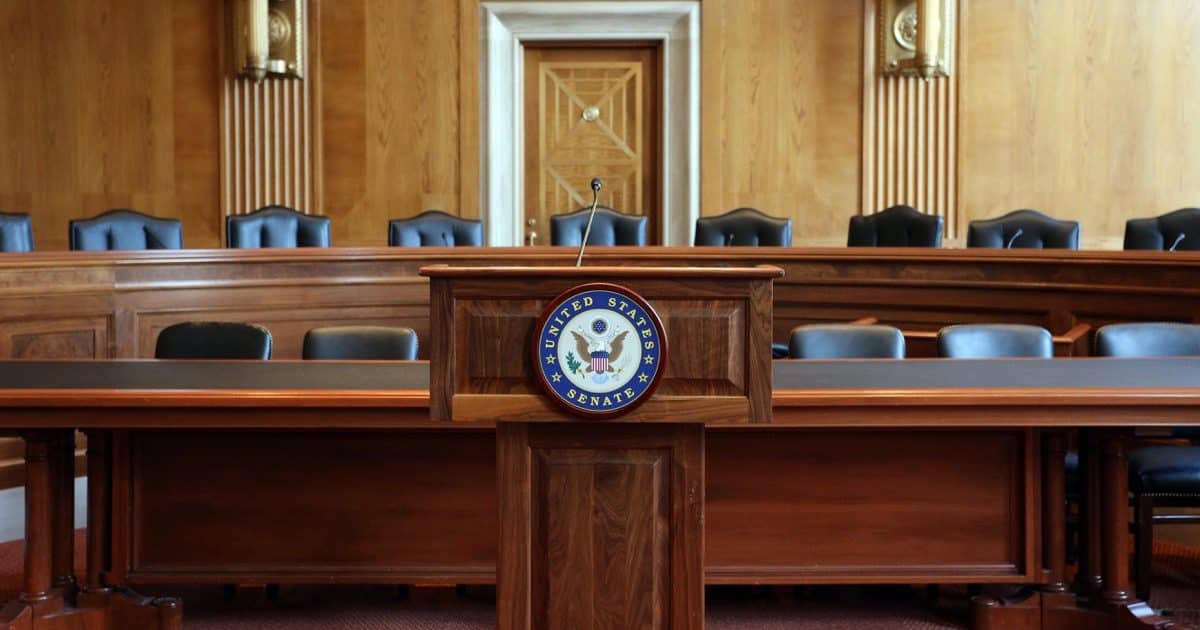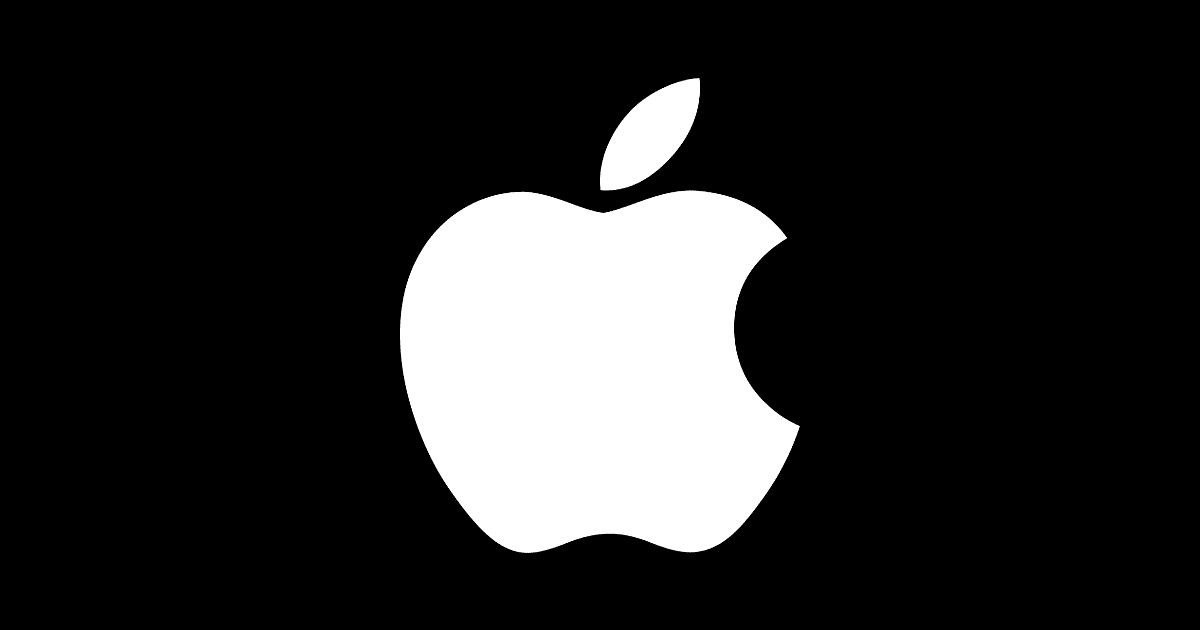In the days since Sir Jonny Ive’s imminent departure from Apple was announced, many commented that he had long checked out. The Wall Street Journal published a fascinating, detailed piece outlining his long exit.
As the deadline loomed for the 10th anniversary iPhone, Apple Inc.’s top software designers gathered in the penthouse of an exclusive San Francisco club called The Battery. They had been summoned some 50 miles from the company’s Cupertino, Calif., headquarters to demonstrate planned features of the product to Jony Ive, Apple’s design chief, who seldom came to the office anymore from his San Francisco home. For nearly three hours on that afternoon in January 2017, the group of about 20 designers stood around waiting for Mr. Ive to show, according to people familiar with the episode. After he arrived and listened to the presentations, he left without ruling on their key questions, leaving attendees frustrated. “Many of us were thinking: How did it come to this?” said a person at the meeting. There was a sense “Jony was gone but reluctant to hand over the reins.”
